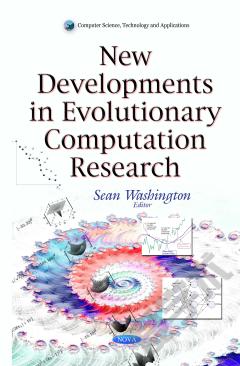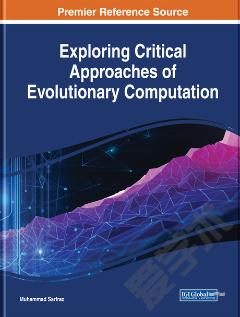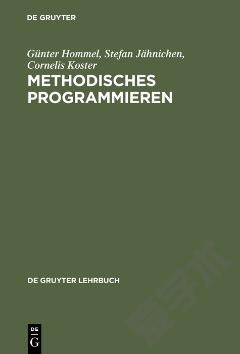Advances in Evolutionary Algorithms Research
The field of evolutionary algorithms produces various theoretical approaches that help search for global optima within complex environments. These environments are often highly multidimensional, nonlinear, noisy, and with many constraints. Not only one, but frequently several, even conflicting, objectives need to be met while searching for the optimal solutions.This book presents advances in the research and applications of evolutionary algorithms. There is a rich history of theoretical research and practical solutions in this field. Namely, evolutionary algorithms, with their intrinsic parallelism, have proved to be successful in a variety of problem domains in science, engineering and business. According to the no-free lunch theorem for optimization no super algorithm exists for all optimization problems. Therefore, the advances in this research field are also devoted to the identification of combination of problem classes and effective optimization methods, as well as the innovative and hybrid implementations of the algorithms.This book consists of seven chapters covering the survey and theory on multimodal, multimemetic and multiobjective properties and algorithm performance. Furthermore, the algorithms are applied to real-world mechanical, biological, and chemical problems, as well as to theoretical benchmarks.
{{comment.content}}








 京公网安备 11010802027623号
京公网安备 11010802027623号